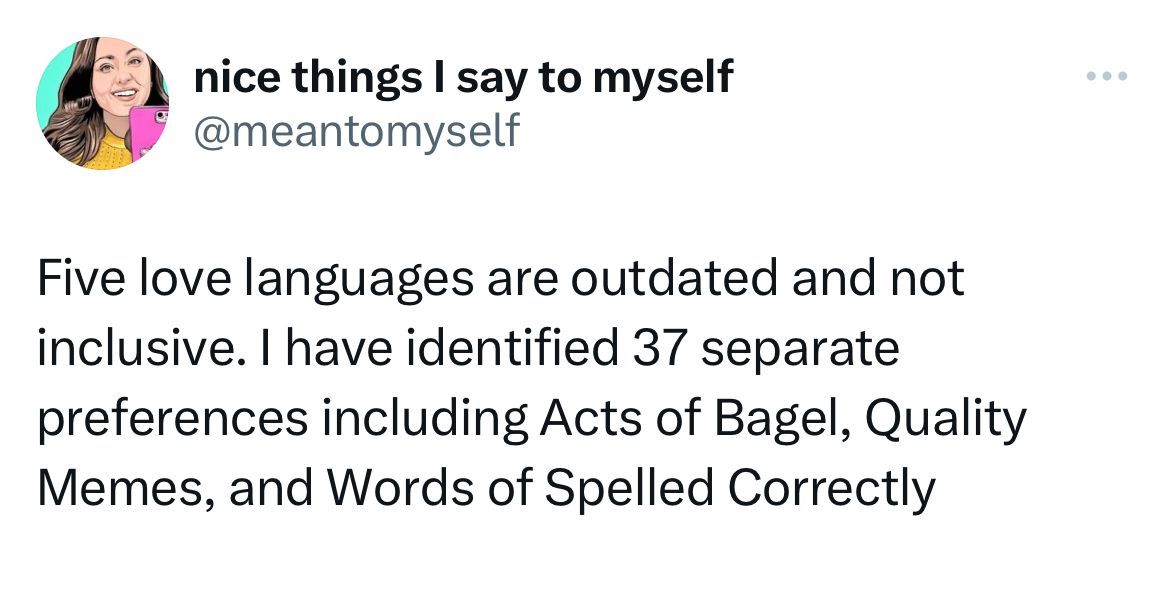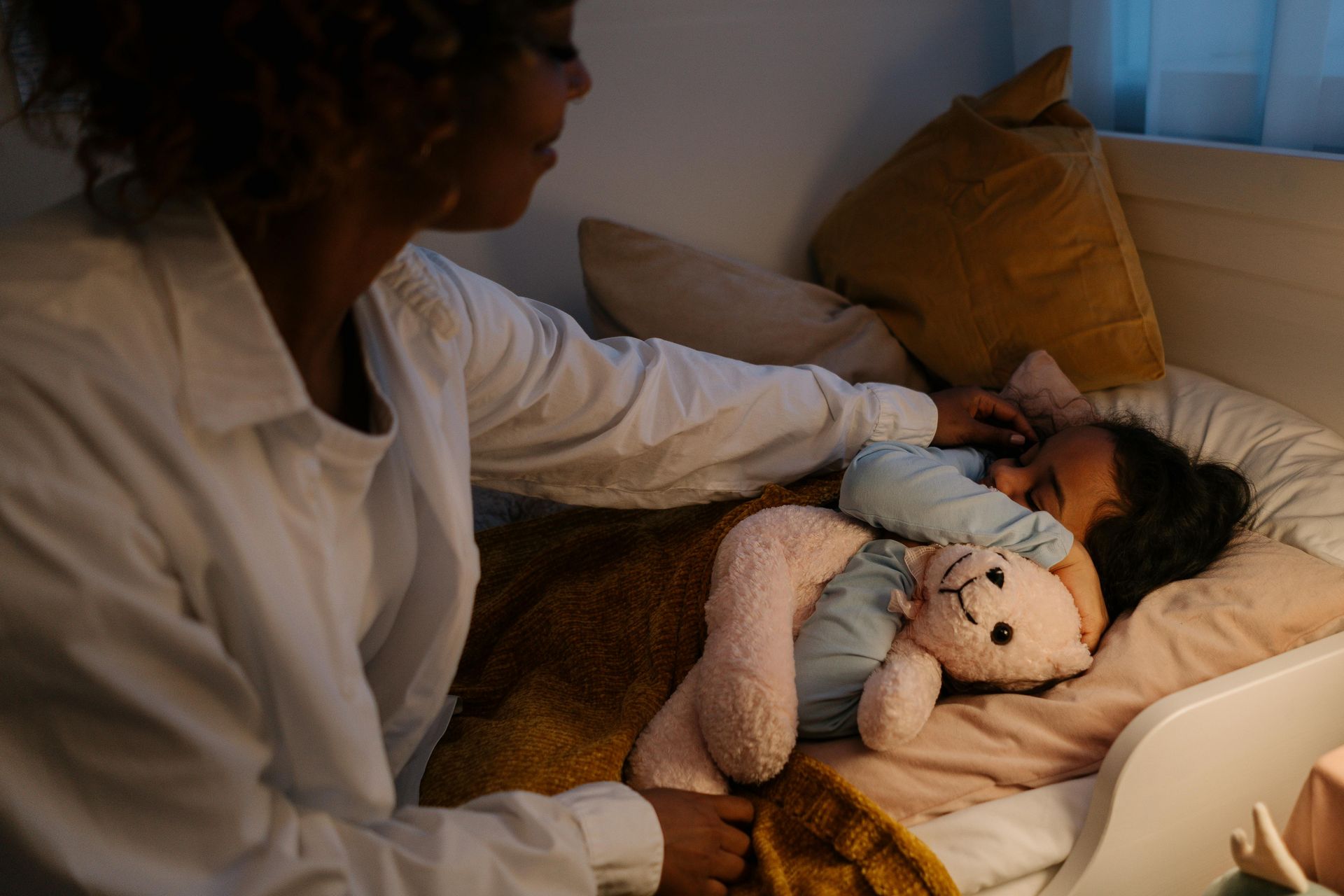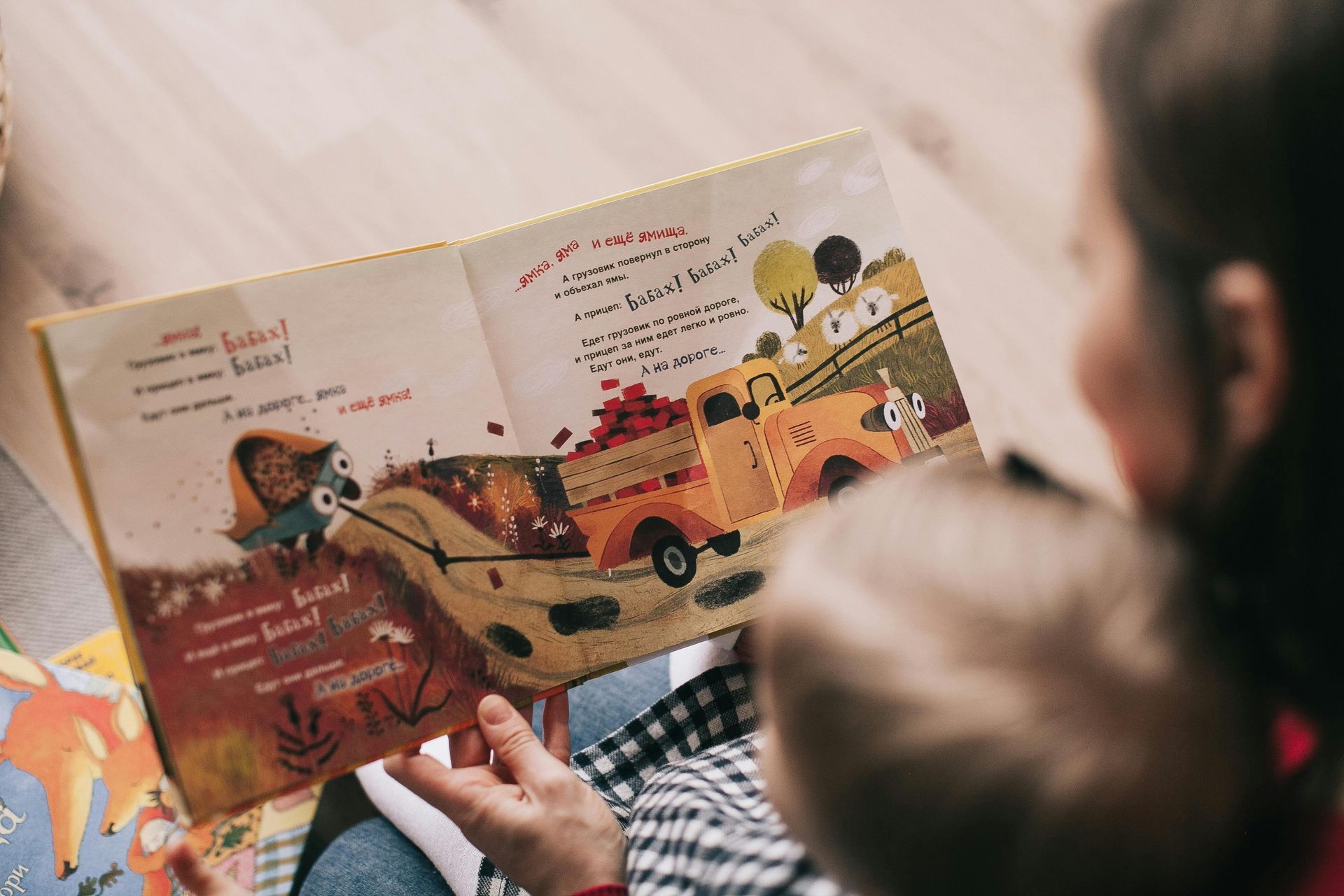A Mother’s Day Reflection: Exploring Love Languages Through a Child’s Eyes
In honor of Mother’s Day, let’s talk about love languages.

This internet meme says there are 37 love languages, but the textbooks say there are 5 primary love languages and I’m going with that for now.
The 5 love languages are:
🤝 Physical Touch
🎁 Gifts
📢Words of Affirmation
🕰️Quality Time
🫡 Acts of Service
You may have heard this before and considered your primary love language, but have you ever thought about your child’s primary love language?
A child’s primary love language will change as they grow, and often, our primary love language tends to be whatever may have been a deficit in our own childhood.
As it relates to our children’s love languages, here are a few interesting facts about each one:
🤝 Physical touch
If you have a baby, this is going to be their primary love language.
Moving to the toddler stage, physical touch can evolve from being silly with games like patty cake to roughhousing as they grow a bit older.
It’s not uncommon for older children and teens to distance themselves physically a bit. At this point, sports are a great option or even just walking with your hand on their back, if they’re ok with it.
Our kids always need some form of physical touch or affection.
🎁 Gifts
I know you’re thinking…what kid doesn’t love gifts? Isn’t this every kid’s love language?
Well actually, no. If gifts are your child’s primary love language, it will be less about the actual gift than it is about the experience of opening the gift, and all the details. Is this gift wrapped? Was there a card? Are you close by while they open it? It’s more about the connection with you and knowing you saw something and thought of them.
📢Words of Affirmation
Before my parent coach training, when I thought about words of affirmation, I thought of someone praising outcomes of my efforts or static personality traits. For example, if I got an A on a test, my parents might have said, “You’re so smart!” The only problem with that is where my mind goes the next time when I don’t get an A. Maybe I think I’m not smart?
Words of affirmation are best used to help build self-esteem and a sense of accomplishment. For example, you can comment on an action you saw your child take, and ask them questions about how it felt for them. Example: I saw you share your toy with your sister, how did you feel playing together? Acknowledgment and thoughtful questions facilitate connection with your child and help reinforce positive actions in future social situations.
If this is your child’s primary love language, they may be especially sensitive to any criticism from you and internalize it.
Never fear - a timely apology will go a long way.
🕰️ Quality time
I think we can agree our children all need to spend time with us.
The challenge here is most of us feel short on time. There are little things you can do to enhance the quality of your time together - like eye contact, asking thoughtful questions without yes/no answers, and giving them your full presence, even for shorter amounts of time.
I have a list of simple but effective strategies to turn limited time into quality time — email me at sarah@parentingpresently.com if you’d like it.
🫡 Acts of Service
This can be changing diapers for a little one, or picking up toys WITH your slightly older child, or helping them clean their room.
Children learn to do things by doing them with you. When they are old enough to do something by themselves, they will tell you so. Independence takes off around age 11.
Yes, we all wish we could count on them to clean their room independently before then, and sure, there are exceptions, but this is the neurologically appropriate expectation.
Digging Deeper
We could go much deeper on this topic, particularly as it relates to play and connection, and the specifics of your relationship dynamics with your children.
If you are ready to keep going, visit www.parentingpresently.com to book a free, 20-minute, no obligation consultation with me.
I hope whatever YOUR love language is, your family speaks it loud and clear today on Mother’s Day and always.
Schedule a Strategy Session
Start creating the family life you want today!






